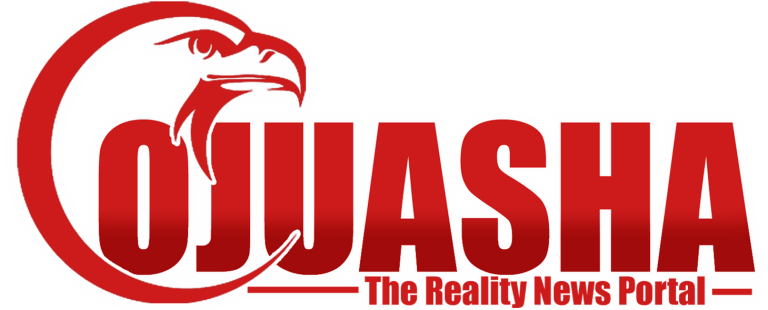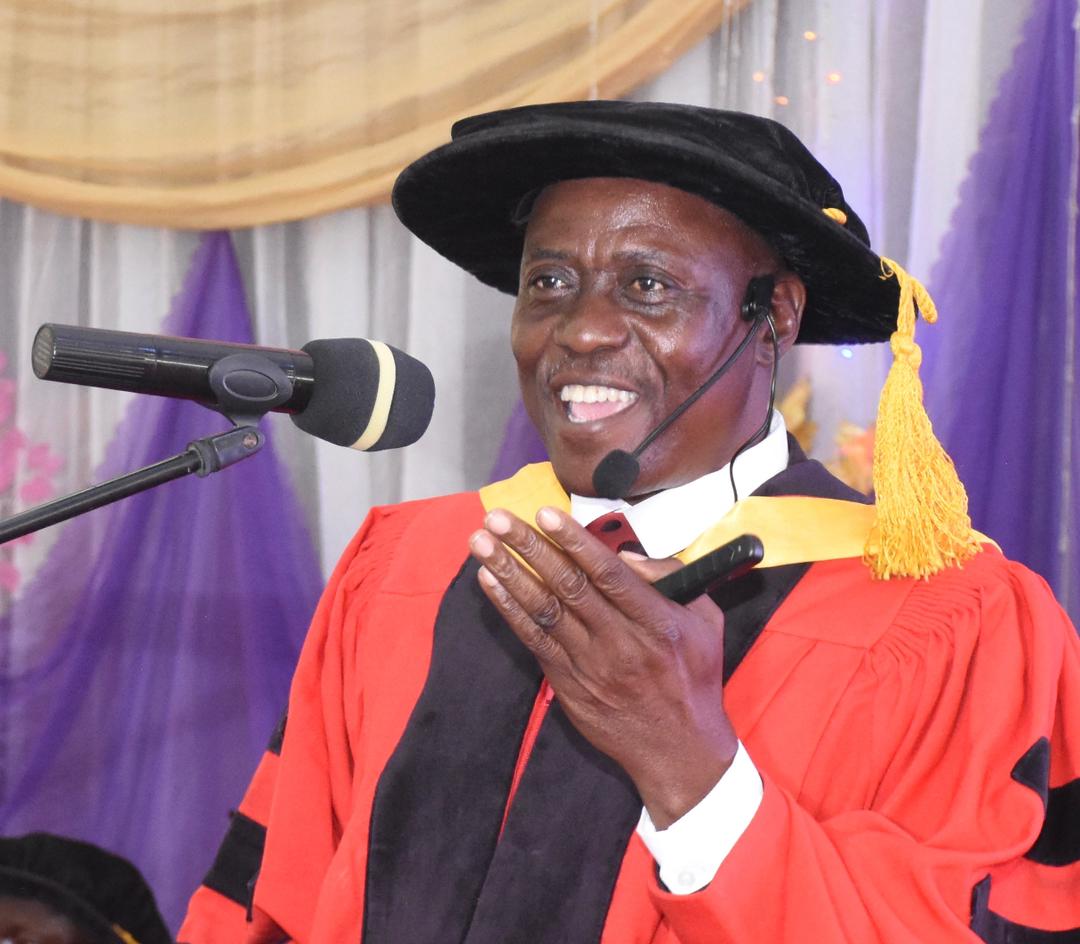A renowned professor of Industrial and Organizational Psychology at Adekunle Ajasin University, Akungba Akoko (AAUA), Ondo State, Bolanle Ogungbamila, has championed the integration of whistleblowing and Information and Communication Technology (ICT) measures to address corruption in workplaces.
Delivering the University’s 32nd Inaugural Lecture, titled “My Lord, I Am Corrupt for a Just Cause”, held on January 14, 2025, Prof. Ogungbamila emphasised the need for integrity, fairness, and transparency in organizational policies and practices.
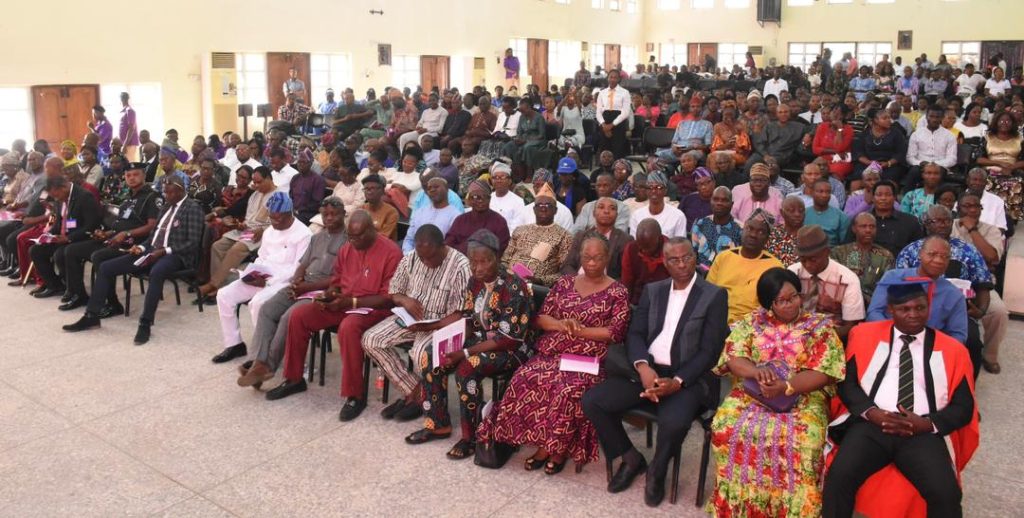
Prof. Ogungbamila said, “Organizations must make integrity, fairness, and transparency the foundation of their policies and processes. Using modern ICT tools for regular and thorough auditing should extend beyond financial matters to encompass all workplace operations and decisions.”
He described workplace corruption as the misuse of office, power, and privileges for personal gain and stressed the importance of reliable checks and balances to curb such behavior.
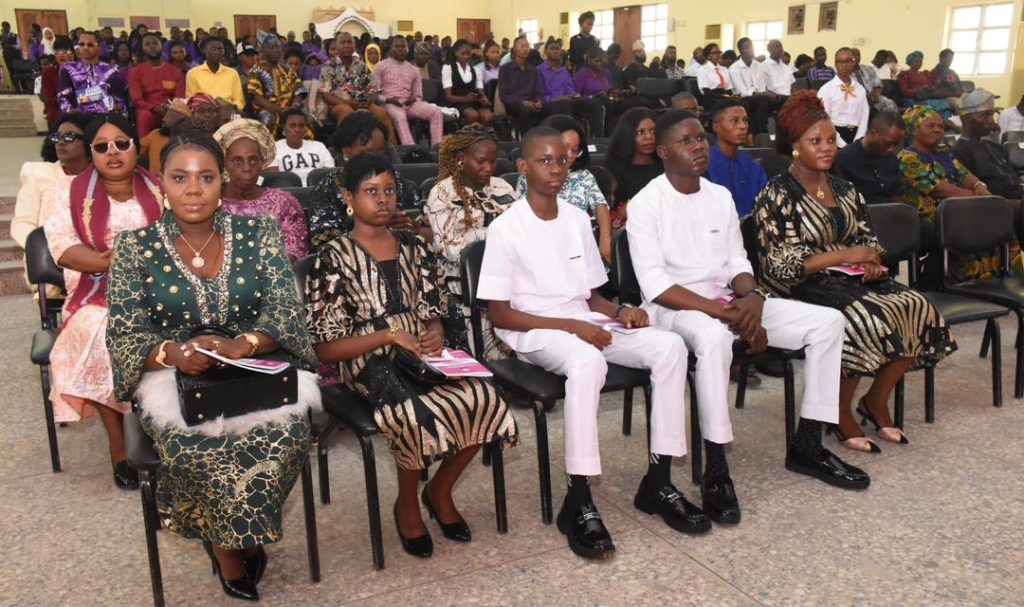
Tackling corruption with communication and justice, the scholar recommended creating specialised units within Human Resource departments to address diversity, inclusion, and justice concerns. He underscored the significance of clear communication paths.
He advised, “Information about workplace corruption and anti-corruption efforts should flow efficiently through lateral, horizontal, upward, and downward channels. This ensures employees align their moral obligations with the organization’s ethical standards.”
Highlighting the role of rewards and punishments, Prof. Ogungbamila called for consistent feedback loops and ethical frameworks that recognise and reward integrity while deterring unethical behavior.
He said, “Organizations should instill punishment anxiety among employees by implementing consistent, fair, and prompt systems for addressing misconduct. Employees also need moral role models and an environment that nurtures their ethical competencies. Employees should be encouraged and be provided with a conducive atmosphere that promotes moral competencies and the needed opportunities to mirror the thoughts and actions of physical and virtual moral role models.

“Without waiting for the prompt and agitations of employees, organizations should emplace structures and mechanisms that constantly and periodically evaluate and improve the reward and punishment systems as well as the ethical training programmes, which reflect and are responsive to changing ethical demands in the workplace and the society.”
Encouraging whistleblowing with caution, Prof. Ogungbamila advocated whistleblowing as a critical tool against corruption but warned against its potential misuse.
“While incentivising whistleblowing, organizations must tread carefully to avoid a cobra effect -where employees report false claims solely for financial rewards. Whistleblowers must feel protected against retaliation, and Nigeria urgently needs robust laws to safeguard them and their families”, he said.
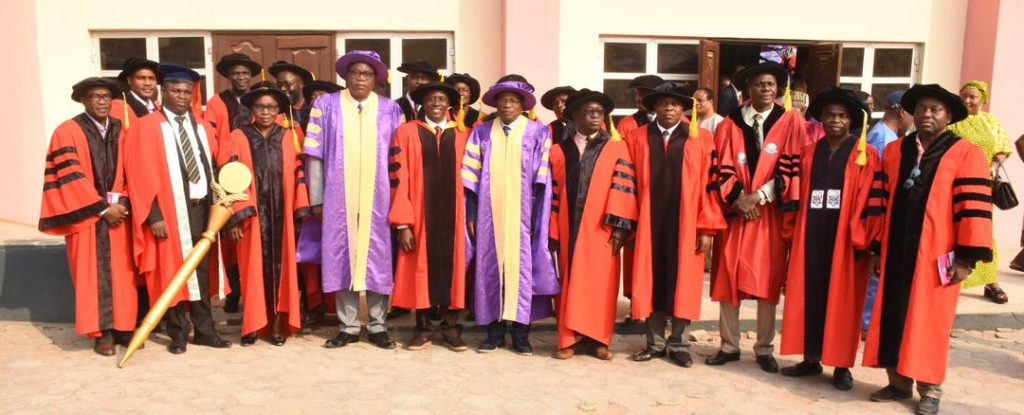
He further stressed the importance of simplifying whistleblowing processes and providing practical training for employees to enhance their capacity to report unethical behaviour.
The Inaugural Lecturer suggested that media reports on workplace corruption should emphasize the societal impact of diverted or misappropriated funds, saying, “Such reports should focus on how stolen resources could have enhanced the organization and the community’s well-being. Highlighting the negative economic and psychological consequences of corruption will foster a deeper understanding of its harm.”
He noted that organizations must promote, monitor, and enforce the cultures of accountability, transparency, fairness, trust, confidentiality, shared responsibility, and openness in communication and processes that promptly, consistently, and constantly recognise and reward employees for integrity and honesty.
He added, “Organizations should award Work Integrity and Accountability Fellowship (WIAF) to employees who display high levels of personal integrity and accountability. WIAF will further promote and build the capacity of the Fellows as anti-corruption, integrity, and accountability change agents in the workplace. Individually and collectively, the increasing number of the WIA fellows will increase anti-corruption activism and encourage whistleblowing.”
In his opening address, the Vice Chancellor and Chairman on the occasion, Prof. Olugbenga Ige, lauded Prof. Ogungbamila’s contributions to academia and his dedication to research.

Prof. Ige noted, “Prof. Ogungbamila is a scholar of remarkable repute, with over 40 international journal publications and co-authorship in several books. This lecture challenges us to rethink conventional narratives and inspires us to adopt innovative solutions to societal issues.”
